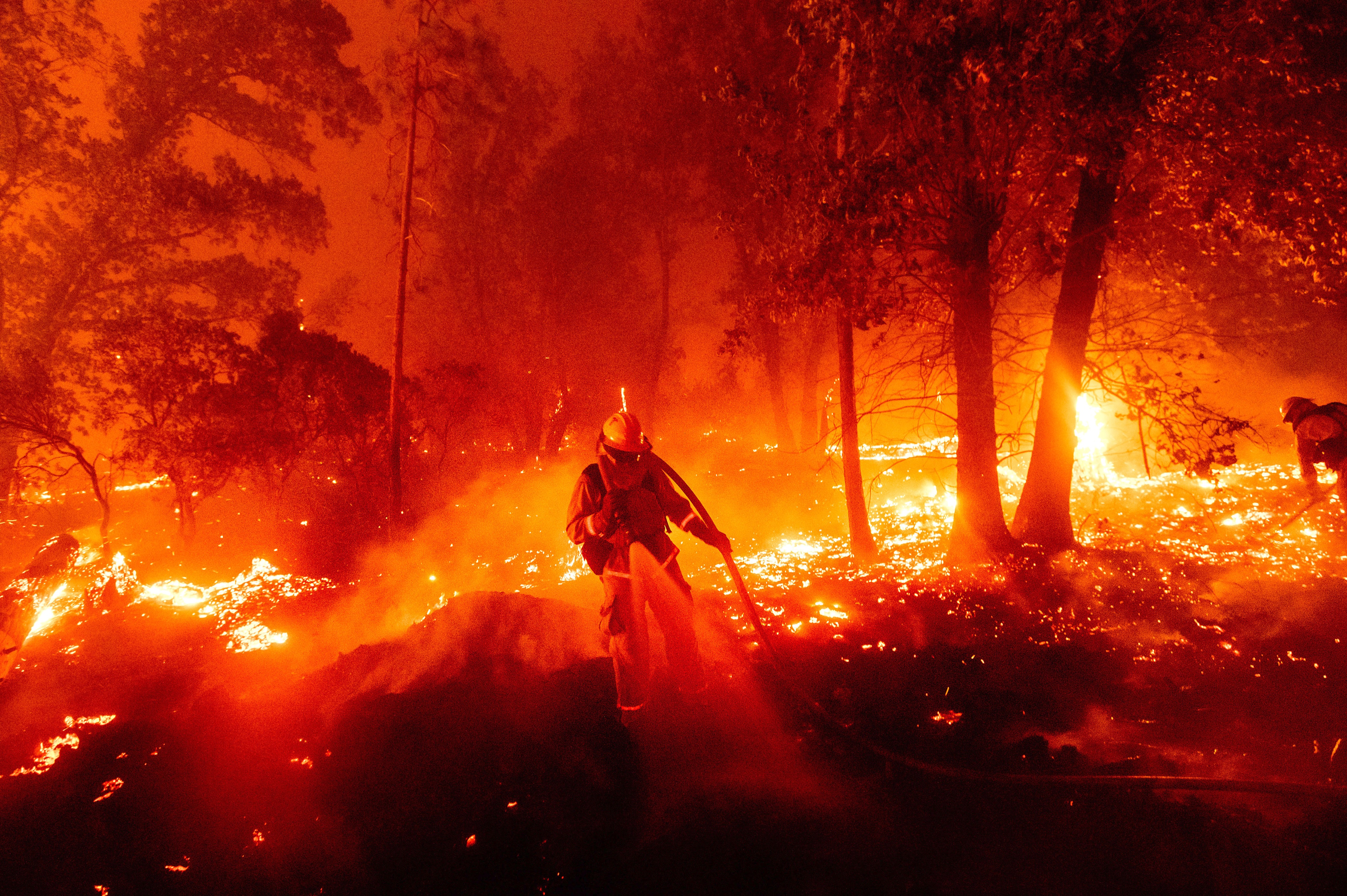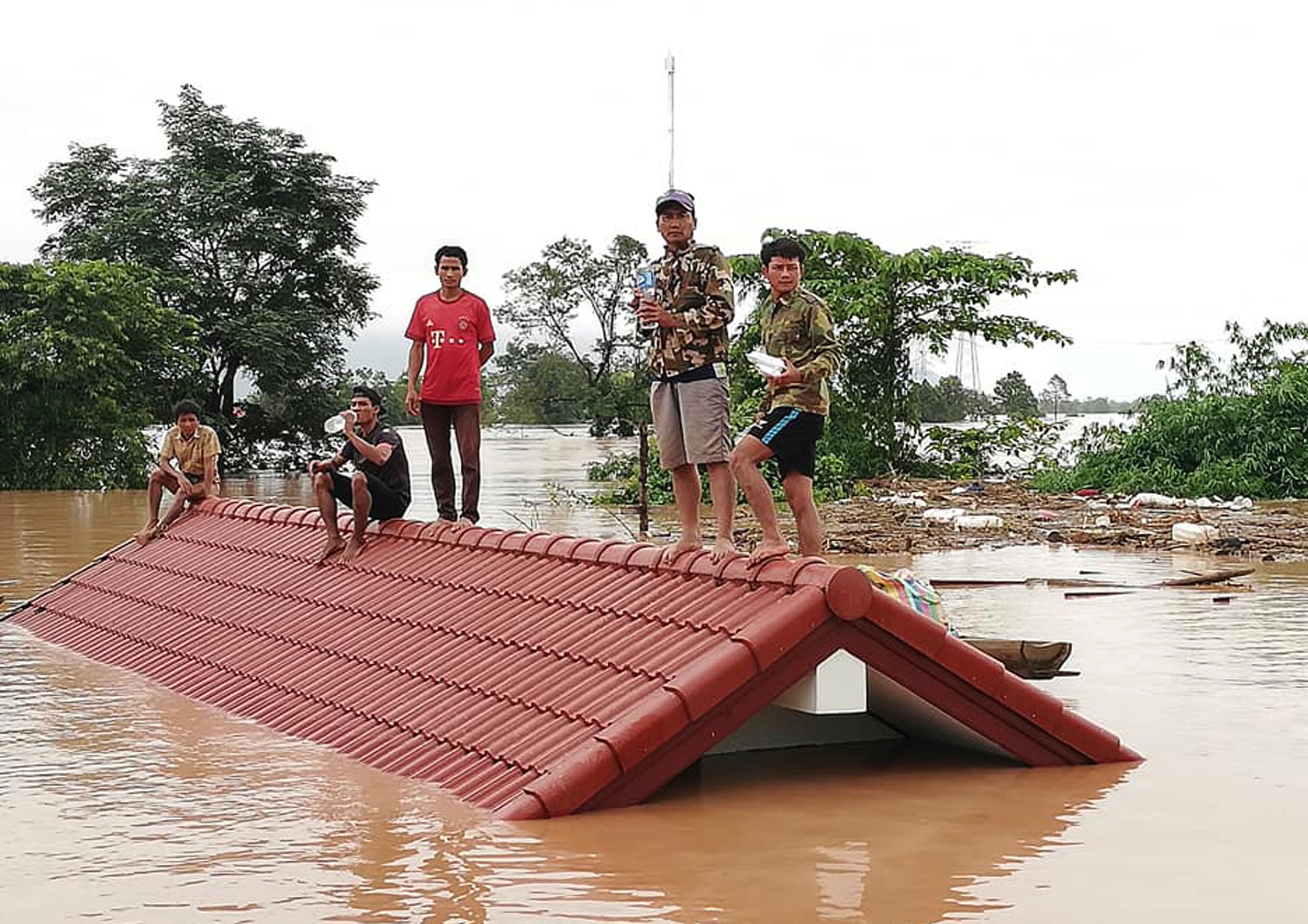-
 ‘SA must boycott the World Cup’ – Malema
‘SA must boycott the World Cup’ – Malema
-
 Transnet loses third court battle and ordered to pay R60m to Gijima
Transnet loses third court battle and ordered to pay R60m to Gijima
-
 UMP’s ambition to position SA as a leading rice exporter
UMP’s ambition to position SA as a leading rice exporter
-
 Polokwane mayor’s gobbledygook on R41.2 million refund to developer
Polokwane mayor’s gobbledygook on R41.2 million refund to developer
-
 Transnet’s loses yet another application to push Gijima Holding’s from IT contract
Transnet’s loses yet another application to push Gijima Holding’s from IT contract
-
 Fetakgomo Tubatse municipality dumps consultants and still keeps a good financial record
Fetakgomo Tubatse municipality dumps consultants and still keeps a good financial record
-
 Limpopo government finishes sixth traditional office in 2025/26
Limpopo government finishes sixth traditional office in 2025/26
-
 Masoga approaches High Court to clear his name on allegations of corruption at MMSEZ
Masoga approaches High Court to clear his name on allegations of corruption at MMSEZ
-
 Municipal manager’s bid to attach CFO’s pension fails
Municipal manager’s bid to attach CFO’s pension fails
-
 Visit Limpopo Ka Dezemba – Premier Ramathuba
Visit Limpopo Ka Dezemba – Premier Ramathuba
Climate-change marine heatwaves triple, cause expensive damage
Sizwe sama Yende
Ocean heatwaves have increased nearly 3.5 times in the summers of 2023 and 2024 leaving multi-billion dollar destruction on their trail in many parts of the world.
This is according to a new study in Nature Climate Change which found that the number of marine heatwaves were stronger than in any other year previously.
The ocean plays vital roles in regulating the climate, supporting marine life, and providing food and jobs for billions of people.
However, the researchers say that as marine heatwaves worsen with climate change, these functions are at risk. In the past two years marine heatwaves have forced the closure of fisheries and aquaculture, increased whale and dolphin strandings, and caused the fourth global coral bleaching event.
“The impacts did not stop at the oceans; marine heatwaves have driven extreme weather such as deadly atmospheric heatwaves and flooding on land,” said lead author of the research, Dr Kathryn Smith.
During the years in question, climate change, exacerbated by El Niño, caused multiple record-breaking marine heatwaves .
This study found that in 2023-24, nearly 10% of the ocean hit record-high temperatures.
Scientists warn that as long as the rate of human-induced climate change keep rising, marine heatwaves will continue to worsen, and that more proactive action is needed to avert the damage that extreme ocean temperatures already cause.
They also summarise the devastating consequences for coral reefs, fisheries, and coastal communities.
Scientist advocate for the replacement of fossil fuels such as oil, coal and gas with renewable energy sources.
“While El Niño exacerbated marine heatwaves in 2023-24, previous research showed that human-induced climate change already caused a 50% increase in marine heatwaves between 2011-2021,” the study said.
“If we keep burning fossil fuels and cutting down forests, marine heatwaves could be 20-50 times more frequent and ten times more intense by the end of the century.”
The report indicates that:
· A marine heatwave, fuelled by Cyclone Gabrielle in New Zealand in 2023, killed 11 people and caused over US$8 billion of damage;
· Climate change increased the intensity of rainfall by at least 10%;
· Marine heatwaves caused Peruvian anchovies to move away from their usual waters, leading to the closure of commercial fisheries in 2023 and 2024 with estimated losses of US$1.4 billion;
· Nearly 6,000 people died in Libya in 2023 when heavy rains from Storm Daniel caused the collapse of the Derna Dam - the deadliest single flood event on record in Africa. Storm Daniel was made more intense and rainy due to sea temperatures made higher by climate change.
The researchers said that good forecasting and prompt action reduced the impacts of some marine heatwaves.
“In Australia, a quarter of the population of endangered red handfish was taken into aquariums before the marine heatwave hit, and released again when waters cooled. In the USA, some corals and conches were moved into deeper, cooler waters,” Smith said.
“In Peru, the government paid benefits to the fishers who could not go to sea when they were forced to close the anchovy fishery. Better forecasting and rapid response plans could have reduced impacts in other regions.”


